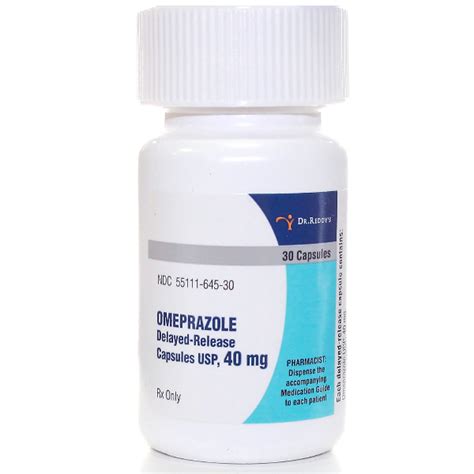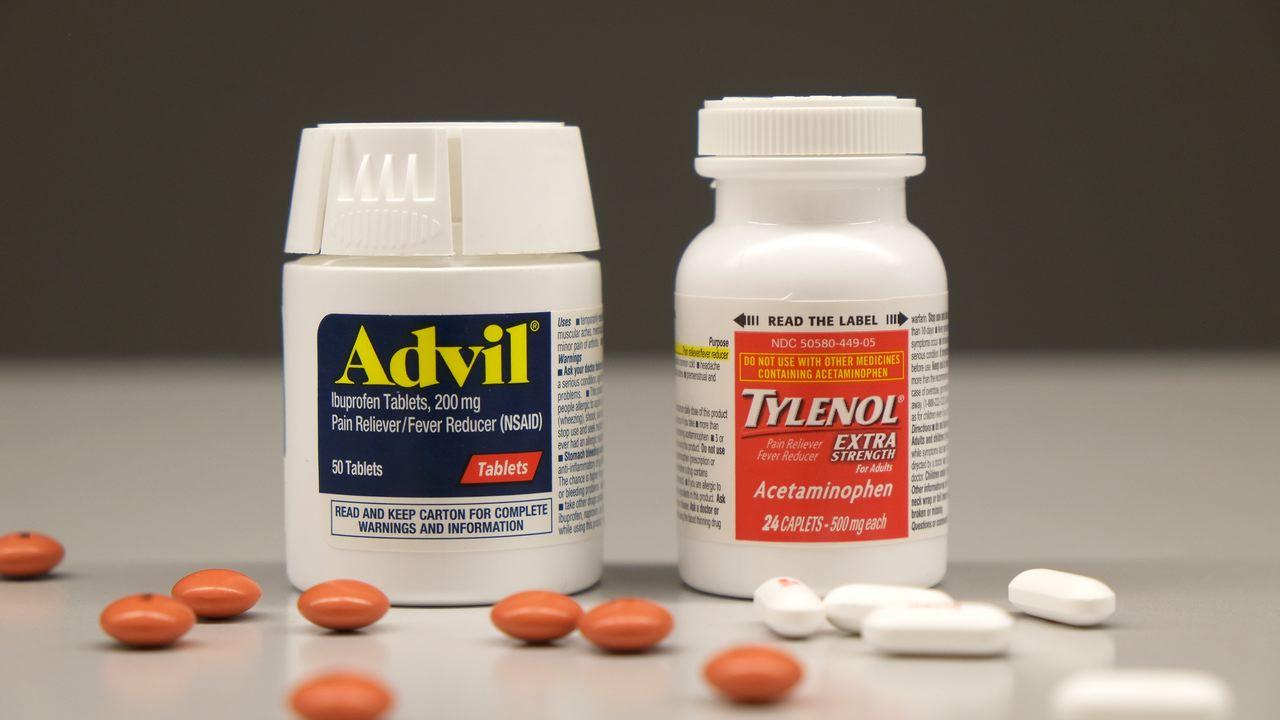Omeprazole 40Mg Dr

Omeprazole, a medication commonly known by its brand name Prilosec among others, is a proton pump inhibitor (PPI) that decreases the amount of acid produced in the stomach. It is used to treat symptoms of gastroesophageal reflux disease (GERD) and other conditions involving excessive stomach acid such as Zollinger-Ellison syndrome. The 40mg dosage is typically prescribed for more severe cases or when lower doses have not been effective.
Uses of Omeprazole 40mg
- Gastroesophageal Reflux Disease (GERD): Omeprazole is used to treat the symptoms of GERD, including heartburn and acid reflux, by reducing the amount of acid produced in the stomach.
- Duodenal Ulcers: It is effective in healing duodenal ulcers by decreasing acid production, allowing the ulcers to heal.
- Zollinger-Ellison Syndrome: For individuals with Zollinger-Ellison syndrome, which involves excessive acid production due to a gastrin-secreting tumor, omeprazole can help manage the excessive acid production.
- Helicobacter pylori Eradication: Omeprazole, in combination with antibiotics, is used to treat infections caused by H. pylori bacteria, which can lead to peptic ulcers.
Administration and Dosage
The typical dosage of omeprazole is 20mg a day, but in more severe cases, the dosage can be increased to 40mg a day. It’s essential that the medication is taken exactly as directed by the healthcare provider. It should be taken before eating, usually in the morning, to allow the drug to start acting when the stomach is preparing for food digestion.
Side Effects
While omeprazole is generally well-tolerated, it can cause side effects, some of which include: - Headache - Diarrhea or constipation - Nausea - Vomiting - Gas - Dizziness
Rare but more severe side effects may include: - Severe allergic reactions - Liver damage - Increased risk of fractures, particularly when used long-term - Interactions with other medications, such as clopidogrel (Plavix), warfarin (Coumadin), and diazepam (Valium), among others
Contraindications and Precautions
Omeprazole is contraindicated in patients known to have hypersensitivity to this drug or any of its components. Caution is advised when prescribing omeprazole to patients with liver dysfunction, as the metabolism of the drug may be affected.
Interactions
Omeprazole can interact with a wide range of medications, including anticoagulants (like warfarin), ketoconazole, atazanavir, and erlotinib, among others. Patients should inform their healthcare provider of all medications, vitamins, and supplements they are taking.
Storage
Omeprazole should be stored at room temperature, away from light and moisture. The capsules should not be crushed or chewed but swallowed whole.
Overdose
In the case of an overdose, patients should seek immediate medical attention. Symptoms of an overdose may include confusion, drowsiness, blurred vision, fast heartbeat, or nausea.
Interaction with Food
Foods that trigger acid reflux, such as citrus fruits, chocolate, and spicy or fatty foods, should be avoided while taking omeprazole. Patients should also avoid lying down after meals to help reduce symptoms.
Conclusion
Omeprazole 40mg is a potent medication for managing conditions associated with excessive stomach acid production. While it can provide significant relief for many patients, it is essential to use it under the guidance of a healthcare provider, especially considering potential interactions with other medications and the importance of proper dosage and administration.
What are the common side effects of omeprazole 40mg?
+Common side effects include headache, diarrhea, nausea, and vomiting. Rare but more serious side effects can include severe allergic reactions and liver damage.
Can omeprazole 40mg interact with other medications?
+Yes, omeprazole can interact with several medications, including anticoagulants, ketoconazole, and certain antiretrovirals. Patients should inform their healthcare provider of all medications they are taking.
How should omeprazole 40mg be stored?
+Omeprazole should be stored at room temperature, away from light and moisture. The capsules should not be crushed or chewed but swallowed whole.



